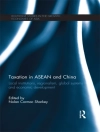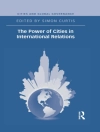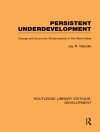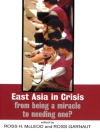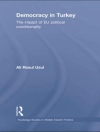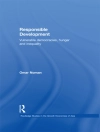Contaminated land and the methods and legal controls governing its reclamation for subsequent development and use are of great current interest and concern. This volume in the Issues in Environmental Science and Technology series contains seven articles which treat the many aspects of this subject, ranging from risk assessment and risk management, through specific remediation methods and the evolution of government policy and controls, to analysis of the legal and technical features of specific environmental insurance policies. The chemistry of the non-ferrous heavy metals lead, zinc and cadmium is examined in relation to reclamation of superfund sites in the USA alongside a consideration of the role of the Welsh Development Agency in developing strategies for the recovery of derelict and contaminated land. An authoritative treatment of each of the topics is ensured by the particular expertise and distinction of the authors, and as such Contaminated Land and Its Reclamation will make an important contribution to the public debate on these issues. It will be essential reading for all those groups of people directly or indirectly involved, from consultants and their technical advisors, through developers, contractors and landowners, to local authorities and government agencies with responsibility for policy and its implementation in this area.
สารบัญ
Overview;
Context, Calculating Risk and Using Consultants;
UK Government Policy and Controls;
Remediation Methods for Contaminated Sites;
Land Reclamation after Coal-Mining Operations;
Remediation of Lead-, Zinc-, and Cadmium-Contaminated Soils;
Risk Assessment and Management Strategies;
Legal Liabilities and Insurance Aspects of Contaminated Land;
Subject Index.
เกี่ยวกับผู้แต่ง
Roy Harrison OBE is Queen Elizabeth II Birmingham Centenary Professor of Environmental Health at the University of Birmingham. In 2004 he was appointed OBE for services to environmental science. Professor Harrison’s research interests lie in the field of environment and human health. His main specialism is in air pollution, from emissions through atmospheric chemical and physical transformations to exposure and effects on human health. Much of this work is designed to inform the development of policy.


